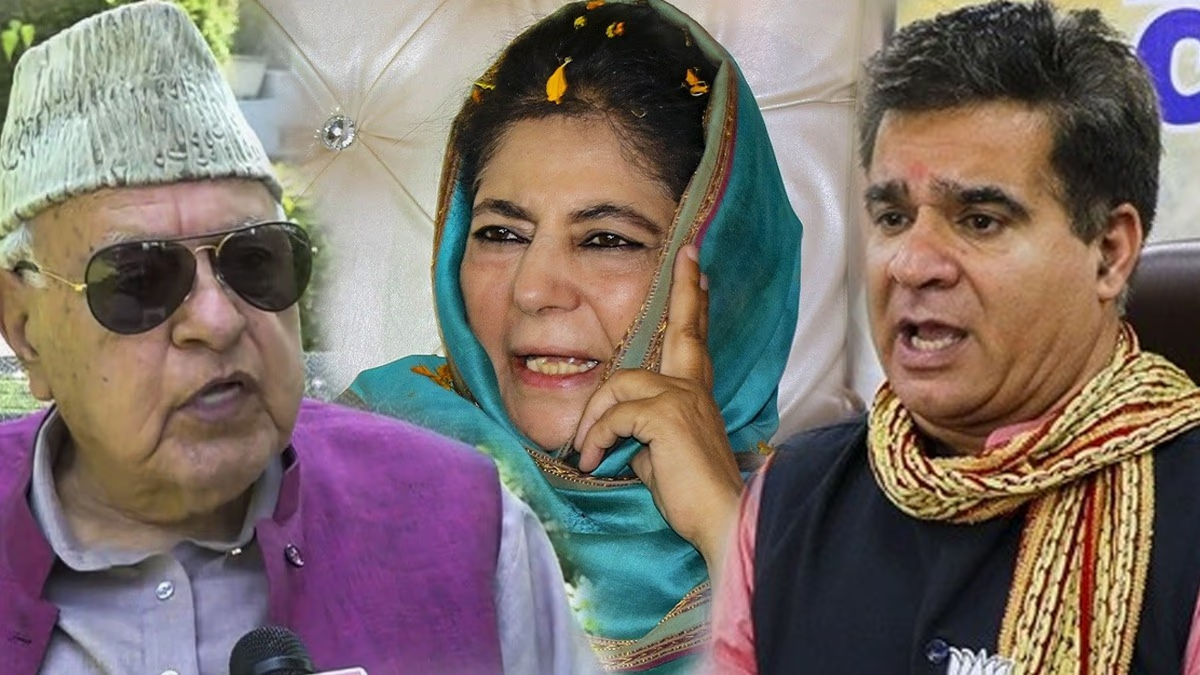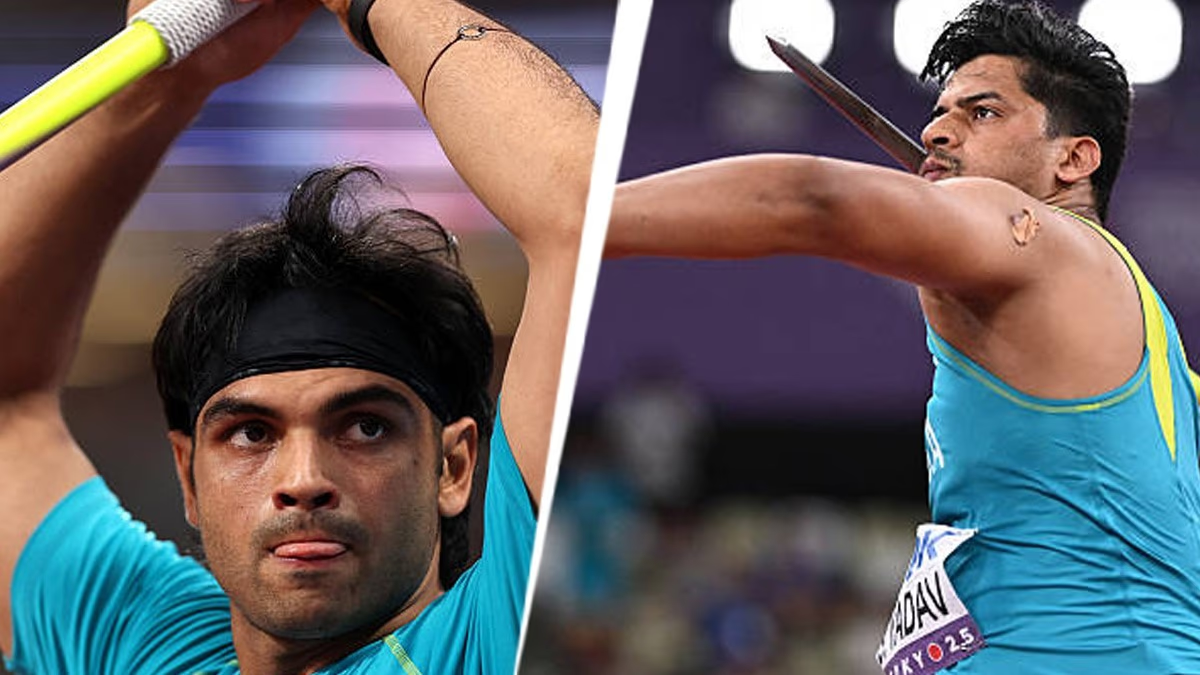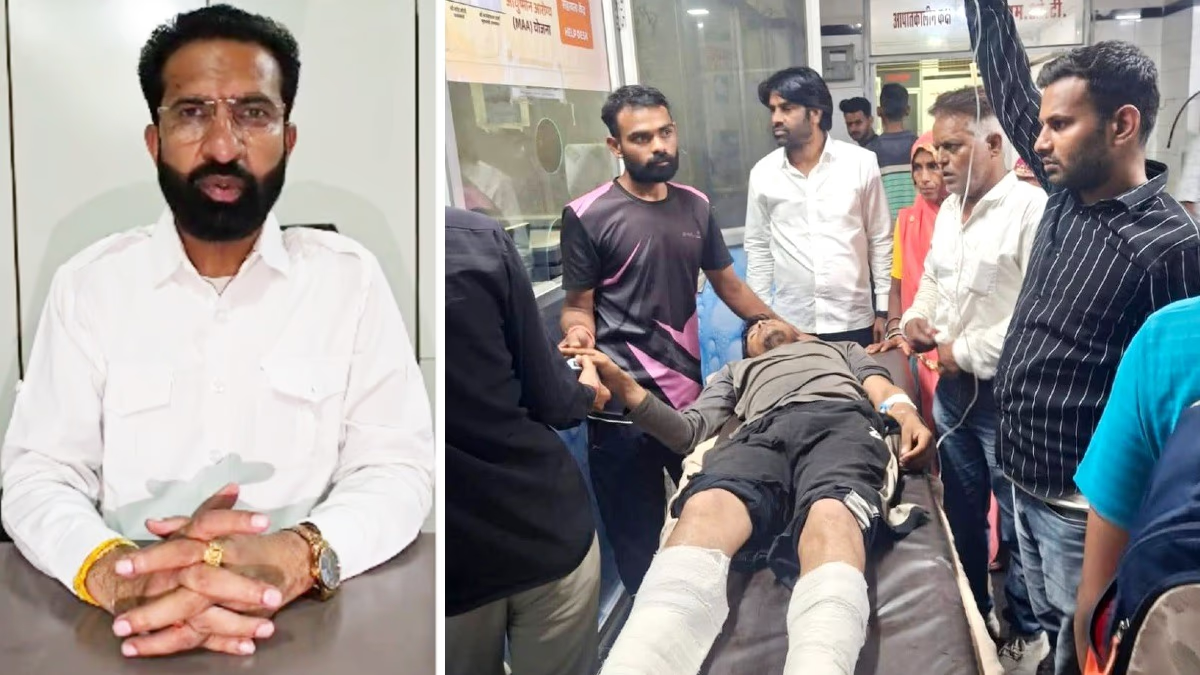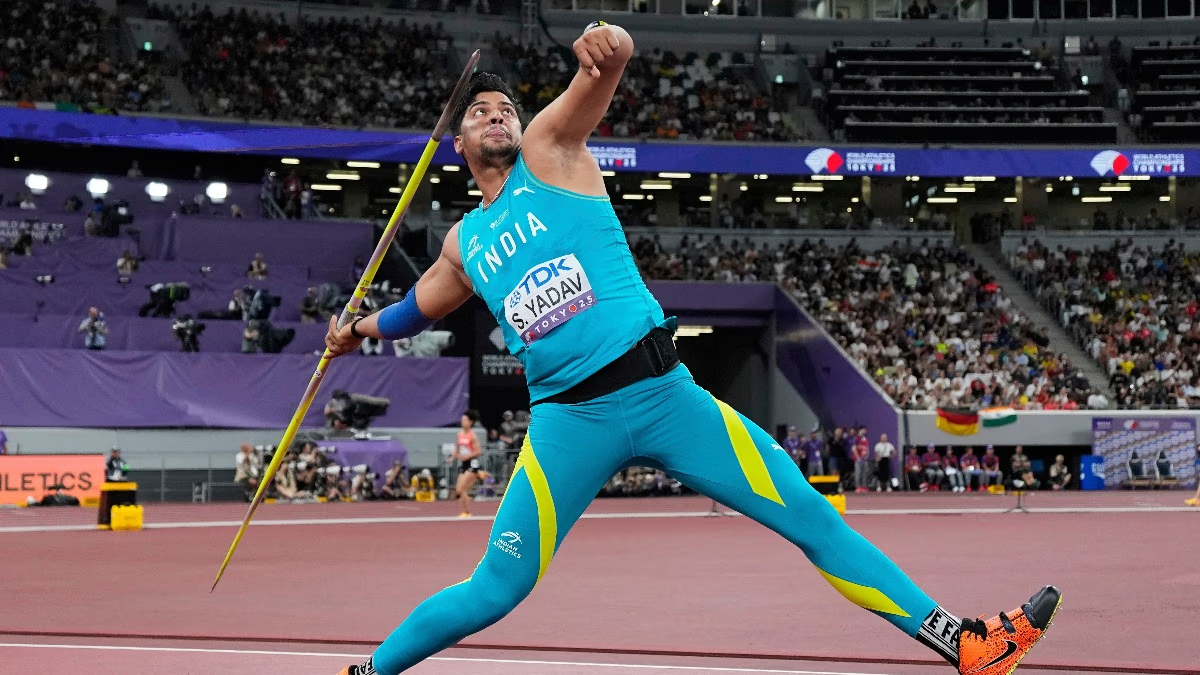For the first time since becoming a Union Territory, assembly elections will be held in Jammu and Kashmir. Voting for the state's 90 assembly seats will take place on September 18, September 25, and October 1, as announced by the Election Commission. Given the sensitive security situation, the elections will be conducted in three phases in Jammu and Kashmir. The results will be declared on October 4. Voting in the first phase will cover 24 seats, the second phase will cover 26 seats, and the third phase will cover 40 seats.
Seats for Voting in the First Phase
- Pampore - Tral - Pulwama - Rajpora - Zainapora - Shopian - D.H. Pora - Kulgam - Devsar - Doru - Kokernag (ST) - Anantnag West - Anantnag - Srigufwara-Bijbehara - Shangus-Anantnag East - Pahalgam - Inderwal - Kishtwar - Padder-Nagseni - Bhaderwah - Doda - Doda West - Ramban - Banihal
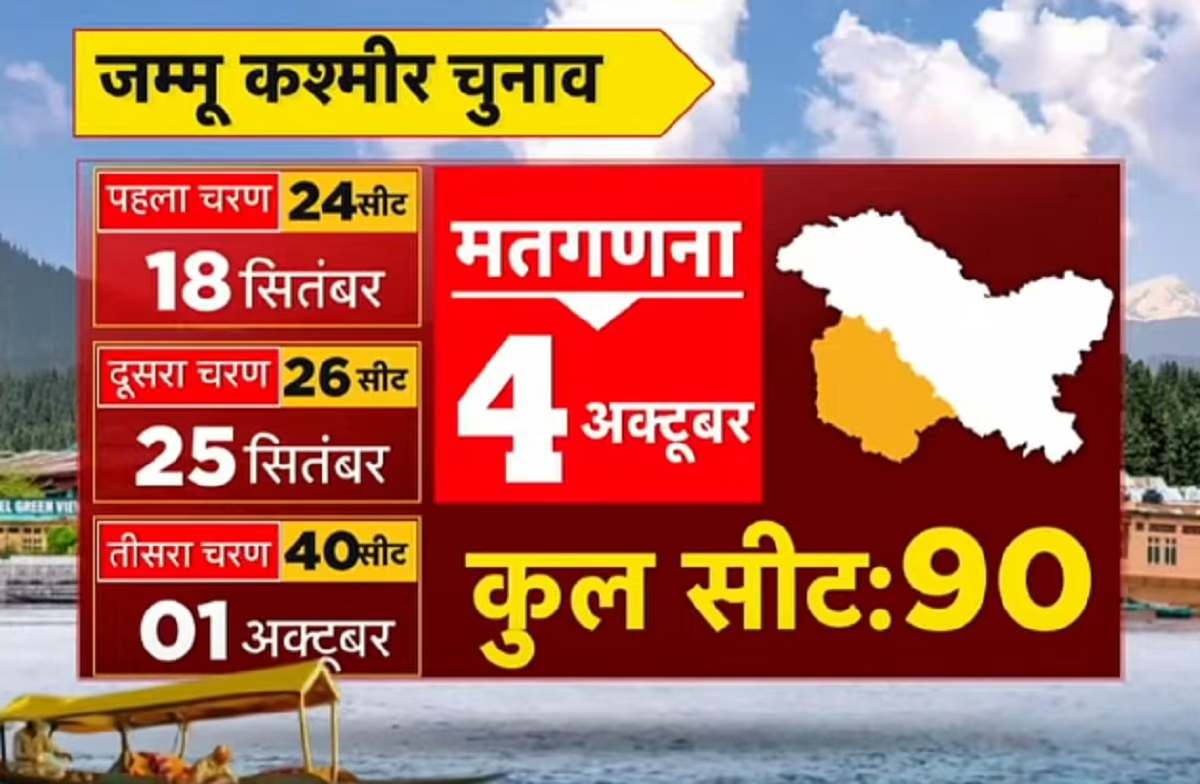
Source: aajtak
Seats for Voting in the Second Phase
- Kangan (ST) - Ganderbal - Hazratbal - Khanyar - Habbakadal - Lal Chowk - Chanpora - Zadibal - Eidgah - Central Shalteng - Budgam - Beerwah - Khansahib - Charar-e-Sharief - Chadoora - Gulabgarh (ST) - Reasi - Shri Mata Vaishno Devi - Kalakot-Sunderbani - Nowshera - Rajouri (ST) - Budhal (ST) - Thannamandi (ST) - Surankot (ST) - Poonch Haveli - Mendhar (ST)
Seats for Voting in the Third Phase
- Karnah - Trehgam - Kupwara - Lolab - Handwara - Langate - Sopore - Rafiabad - Uri - Baramulla - Gulmarg - Wagoora-Kreeri - Pattan - Sumbal-Bandipore - Bandipora - Gurez (ST) - Udhampur West - Udhampur East - Chenani - Ramnagar (SC) - Bani - Billawar - Basohli - Jasrota - Kathua (SC) - Hiranagar - Ramgarh (SC) - Samba - Vijaypur - Bishnah (SC) - Suchetgarh (SC) - R.S. Pura - Jammu South - Bahu - Jammu East - Nagrota - Jammu West
Last Elections Held in Five Phases
The last assembly elections in Jammu and Kashmir were held in five phases. In the first phase on November 25, 2014, voting took place for 15 out of the 87 assembly seats. The second phase on December 2 saw voting for 18 seats, the third phase on December 9 for 16 seats, and the fourth phase on December 14 for 18 seats. The fifth and final phase on December 20 covered 20 seats. The results were announced on December 23, 2014.
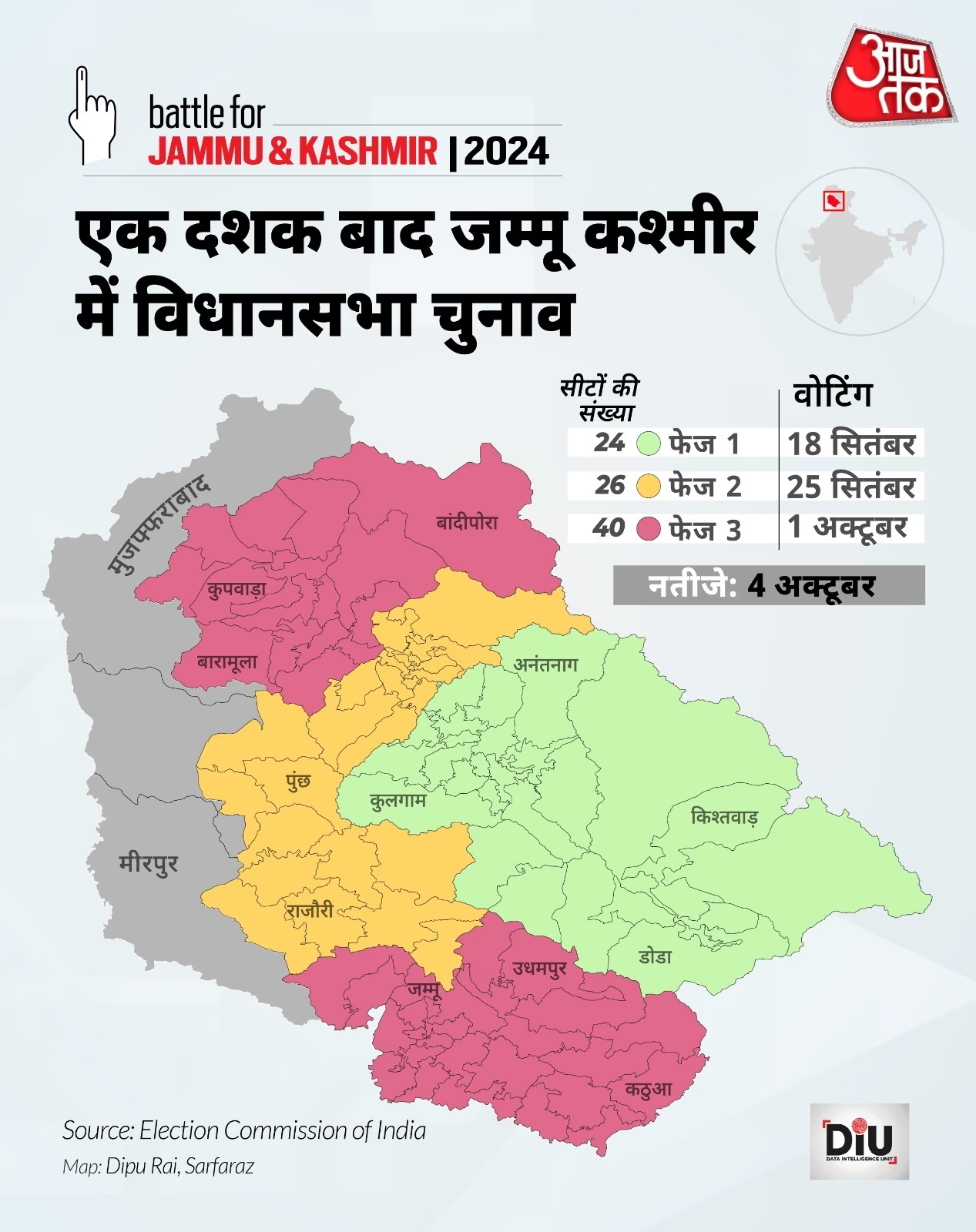
Source: aajtak
First Assembly Elections in a Decade
This will be the first assembly election in Jammu and Kashmir since 2014. In the 2014 elections, voting was held for 87 seats. The People's Democratic Party (PDP) emerged as the largest party with 28 seats, followed by the BJP with 25 seats, the National Conference with 15 seats, and the Congress with 12 seats. No party could secure the required 44 seats for a majority. Following the results, the PDP and BJP formed a coalition government under the leadership of Mufti Mohammad Sayeed.
After Mufti Mohammad Sayeed's demise, his daughter Mehbooba Mufti took over, but the alliance didn't last long. By the end of 2018, the two parties parted ways, and governor's rule was implemented in Jammu and Kashmir, which was then a full state with special status. Political parties had hoped for mid-term elections, but they were delayed first due to delimitation and then due to the abrogation of Article 370 and reorganization into a Union Territory. The Supreme Court instructed the Election Commission last year to conduct the elections by September.
Impact of Delimitation
These upcoming elections will be significantly different compared to 2014, due to the delimitation process and reorganization of the state. Previously, elections were held for 87 seats: 37 in Jammu, 46 in Kashmir, and 4 in Ladakh. Post-delimitation, Jammu will have 43 seats, and Kashmir will have 47 assembly seats. With Ladakh no longer part of the state, one additional assembly seat has been added in Jammu's Samba, Kathua, Rajouri, Kishtwar, Doda, and Udhampur regions, as well as one in Kupwara in Kashmir. Therefore, voting will take place in three phases across these 90 assembly seats.
General Election Results Recap
The people of Jammu and Kashmir showed immense enthusiasm and recorded high voter turnout during the general elections, with a 58.46% turnout, the highest in 35 years. The Union Territory has five Lok Sabha seats. Two seats each were won by the National Conference and the Bharatiya Janata Party, while one seat was won by independent candidate Engineer Rashid.
